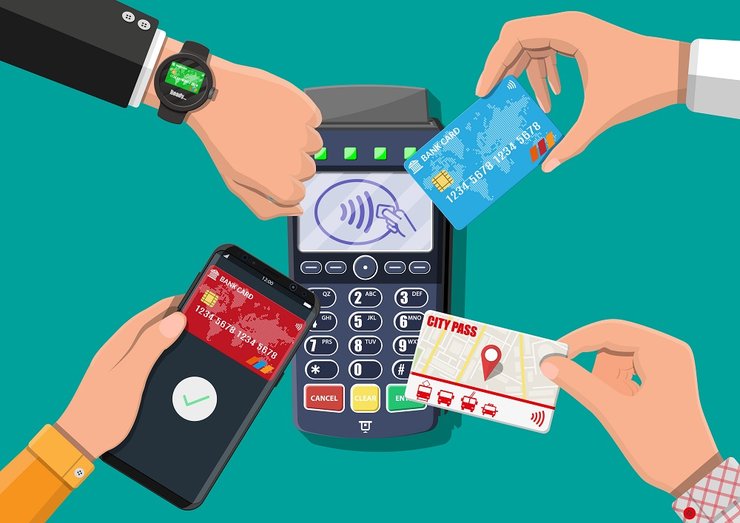Table of Contents
The boom in popularity in mobile gaming during the 21st century has created a global ecosystem that relies heavily on several other industries.
These include the digital payments sector, which provides a wide range of tools that allow companies to monetise the games they create.
With digital technology continuing to advance at a rapid rate, the way payments are processed is currently in a constant state of evolution.
Read on as we look at some of the key payment trends to follow in mobile gaming, starting with one that has raised some important regulatory questions worldwide.

’Buy Now, Pay Later’ Set to be Regulated
Numerous industries have successfully used ‘buy now, pay later’ as a marketing tactic to generate extra revenue over the past few decades.
In simple terms, the practice of billing in instalments allows customers to purchase products or services and pay for them at a later date..
However, the mantra of ‘buy now, pay later’ has been heavily criticised in some quarters as it is viewed as a methodology which encourages people to spend money they do not have.
The United States has been taking the lead in addressing those concerns, with its Consumer Financial Protection Bureau set to introduce new regulatory controls on ‘buy now, pay later’.
This move will undoubtedly impact the mobile gaming industry, particularly given it has increasingly been utilising ‘buy now, pay later’ in recent times.
While some gaming analysts have forecast that regulating instalment payments could stunt revenue growth in the sector, increased spend per user will likely compensate for this.
Digital Banks to Drive Immediate Payment Culture
The associated iGaming industry is another sector where digital payments have had a transformative effect since the turn of the century.
In the early days of online casinos, most players funded their accounts with debit or credit card payments. While deposits were generally processed instantly, withdrawals took much longer.
Fast forward to today and the landscape is changing, with the new wave of digital banks providing players with a much speedier alternative to the more established payment options.
This seismic shift can be witnessed in many of the sites listed at haz-tayeb.com/en/, who are increasingly forging links with digital banks to facilitate payments.
These financial providers operate exclusively online and offer iGaming companies the opportunity to process immediate payouts to customers.
Traditional banking services will unquestionably be forced to revise their operations moving forward to ensure they are not left trailing by their innovative digital rivals.
Artificial Intelligence Boom Expected to Continue Apace
The gaming industry has been at the forefront of the global push to utilise artificial intelligence (AI) technology and this trend looks guaranteed to continue in the future.
AI-powered chatbots and virtual assistants already support customer service functions and these are certain to become increasingly sophisticated over the next few years.
Many companies have also started to use AI algorithms to analyse player behaviour to ensure their creations provide new challenges which boost game longevity.
The technology is being used to balance multi-player games, thus creating a gaming landscape which is far more diverse than was previously the case.
Identifying and eliminating hidden bugs, enhancing game mechanics and data mining are among the other ways AI will shape the future of the gaming industry.
AI’s ability to blend with other technologies such as Augmented Reality (AR) and Virtual Reality (VR) will also help to drive future innovation in the mobile gaming sector.










Comments